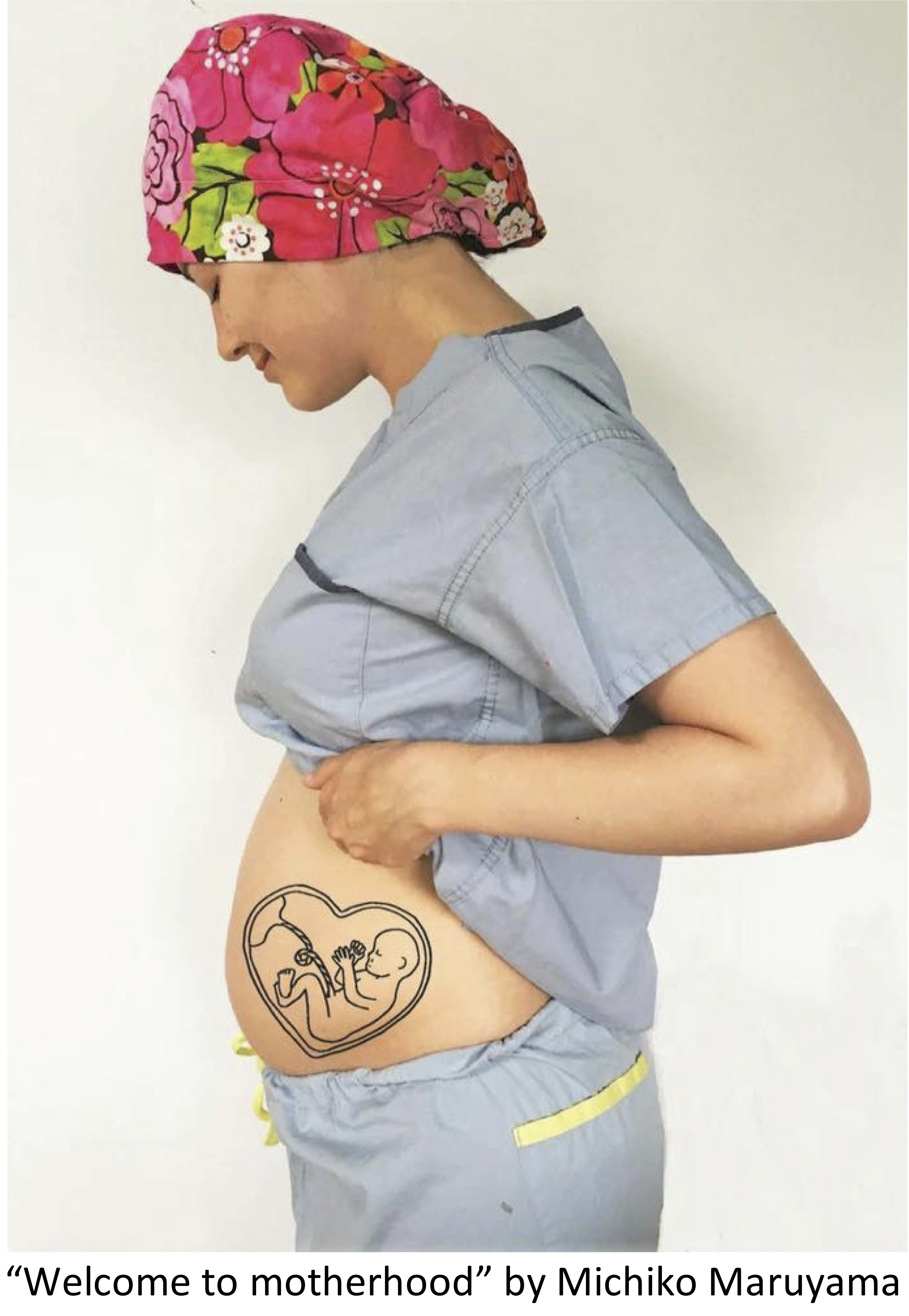Ethical globalization? Decolonizing theoretical perspectives for internationalization in Canadian medical education
DOI :
https://doi.org/10.36834/cmej.36914Mots-clés :
internationalization, globalization, medical education, decolonial frameworkRésumé
Background: Internationalization is a process being undertaken at institutions of post-secondary education worldwide in response to globalization. The resulting imperatives for medical education include re-thinking Canadian positionality within uneven, problematic Global North-South relations. Members of the medical education community are in need of training and tools to navigate this complex situation.
Methods: Using a decolonial theoretical perspective, a literature review was conducted and framed with three ethical questions posed to stimulate collective conversations about internationalization among all members of the health professions education community in Canada.
Results: This study identifies analytical gaps in discussions on the role of medical education in the context of colonial, neoliberal, unjust Global North-South relations. The results point to the need for deeper examination of medical curricula for problematic representations and theorization of inequities and racialization. They also suggest that practices for International Medical Electives and the involvement of International Medical Graduates should be evaluated in light of the ethical concerns identified.
Conclusion: During this moment of internationalization and globalization in all health professional education, reflexivity and self-awareness are important strategies for engaging with decolonizing theoretical perspectives that are critical of Global North-South relations like neoliberal globalization and colonialism. Increased inclusion of pluralistic ways of approaching both processes are necessary for combatting growing health inequities in Canada and globally.
Téléchargements
Publié
Numéro
Rubrique
Licence
La soumission d’un manuscrit original à la revue constitue une indication qu’il s’agit d’un travail original, qu’il n’a jamais été publié et qu’il n’est pas envisagé pour publication dans une autre revue. S’il est accepté, il sera publié en ligne et ne pourra l’être ailleurs sous la même forme, à des fins commerciales, dans quelque langue que ce soit, sans l’accord de l’éditeur.
La publication d’une recherche scientifique a pour but la diffusion de connaissances et, sous un régime sans but lucratif, ne profite financièrement ni à l’éditeur ni à l’auteur.
Les auteurs qui publient dans la Revue canadienne d’éducation médicale acceptent de publier leurs articles sous la licence Creative Commons Paternité - Pas d’utilisation commerciale, Pas de modification 4.0 Canada. Cette licence permet à quiconque de télécharger et de partager l’article à des fins non commerciales, à condition d’en attribuer le crédit aux auteurs. Pour plus de détails sur les droits que les auteurs accordent aux utilisateurs de leur travail, veuillez consulter le résumé de la licence et la licence complète.











